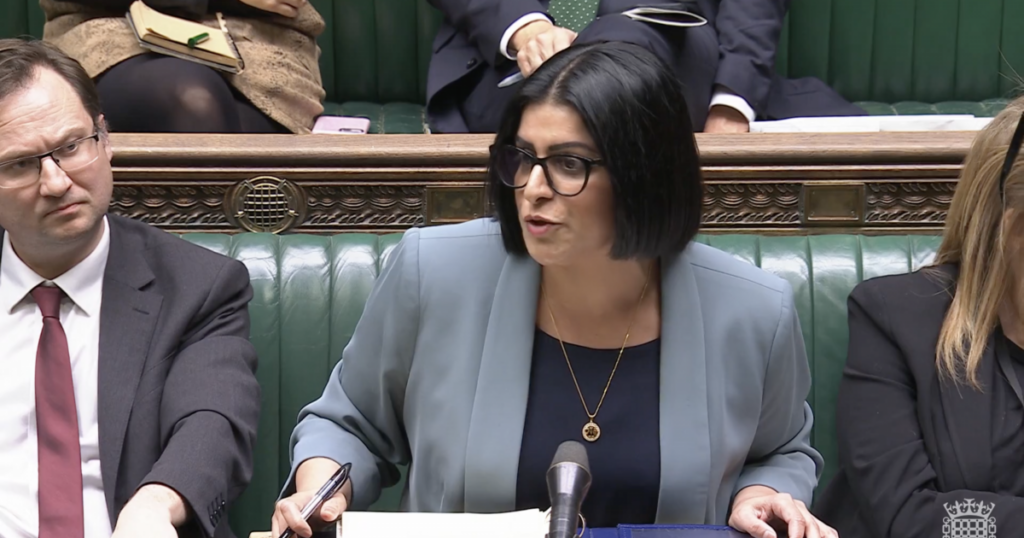Experts argue that the policies are “gimmicks” designed to make the government look tough, but they are not evidence-based
More than 500 experts working in asylum law have said the government’s new asylum plans are not evidence-based and risk violating the UK’s human rights obligations.
The statement, by the Immigration Law Practitioners’ Association (ILPA), warns the plans would breach international human rights laws, including the Refugee Convention and the Human Rights Act.
Labour’s proposals are based on Denmark’s strict immigration and asylum policy reforms.
The researchers and practitioners warn that Denmark’s immigration model has “come at the cost of espousing populist, unfair measures, underpinned by racist policies currently being challenged before the Court of Justice of the EU”.
Last week, the Home Secretary Shabana Mahmood announced that the government would make refugee status temporary. It will also be reviewed every two and a half years.
The experts say that this will leave refugees in “ongoing, prolonged uncertainty, harming their integration and mental health”.
They also say this will mean the Home Office has to conduct tens of thousands of “unnecessary re-assessments” each year, creating more backlogs.
The specialists say this will likely lead to more “poor-quality decisions” being overturned at appeal. They say it will also drive up costs of running the asylum system.
Mahmood also announced that those granted asylum will have to wait 20 years to settle permanently, rather than the current five years.
The group says that “leaving recognised refugees in a limbo for 20 years is, in fact, counter-productive in terms of promoting integration.”
Over 400 researchers at Universities in the UK and some in the US have signed the statement. Other signatories include those who work directly with refugees and asylum seekers.
A spokesperson for the group told Left Foot Forward that “the proposals are highly likely to face legal challenges if implemented. A determined government likely could push through the changes notwithstanding this. But doing so would undermine the standing of human rights not just in the UK, but also globally.”
They added: “For example, the idea that a UK government would seek to limit the application of the article 3 prohibition on Torture, Inhuman and Degrading treatment is particularly concerning and will been seen to legitimise other states in undermining human rights.”
The spokesperson said that the proposals will also face significant administrative challenges.
They said: “The Home Office is already failing to deal with current first instance claims it faces in an effective manner. Adding thousands of re-assessments will overwhelm them further, likely contributing to more poor quality decisions that lead to more appeals.
“Like under the previous government, the Home Office seems to be placing gimmicks that it thinks will make it look “tough” over all evidence.
“An evidence based policy would revolve around increasing the number of decision-makers available, ensuring there is adequate provision for legal aid representation for people seeking asylum and instituting a form of humanitarian visa so that people have safe routes to access the asylum system.”
Olivia Barber is a reporter at Left Foot Forward
Left Foot Forward doesn’t have the backing of big business or billionaires. We rely on the kind and generous support of ordinary people like you.
You can support hard-hitting journalism that holds the right to account, provides a forum for debate among progressives, and covers the stories the rest of the media ignore. Donate today.




